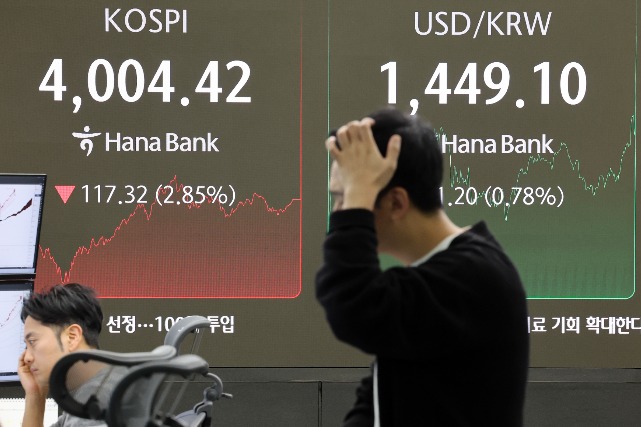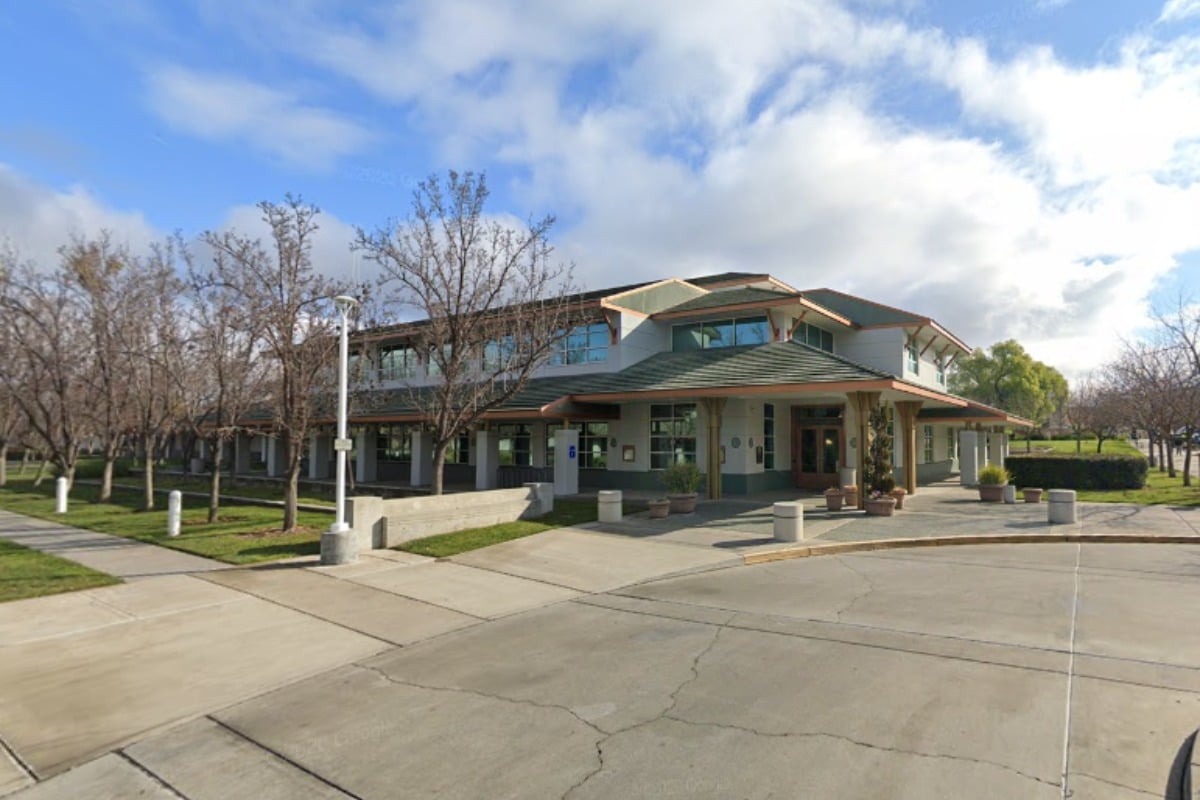UPDATE: South Korea’s benchmark Kospi index has plunged 2.9% to close at 4,004.42 on November 5, 2025, marking its steepest drop in three months and igniting fears of an artificial intelligence bubble. The index, which had recently been the world’s best-performing major stock index, saw an intraday decline of up to 6.2%, triggering a sell-side circuit breaker to halt futures trading.
The dramatic selloff follows a wave of profit-taking by foreign investors, who offloaded approximately 2.5 trillion won (around $1.7 billion) in Korean shares, exacerbating market volatility. This selloff coincided with disappointing performances in the US tech sector, particularly in chip and AI stocks like Palantir and AMD, raising concerns about stretched valuations.
In an unprecedented move, both the Kospi and Kosdaq indices experienced trading halts on the same day, with the Kosdaq falling 2.7% to 901.89. Analysts view this market reaction as a healthy correction rather than a structural downturn, with many still optimistic about the overall trend.
Retail investors have stepped in to absorb the selling pressure, purchasing a net 2.6 trillion won in Kospi stocks. Their focus on major companies such as SK Hynix and Samsung Electronics marks a significant shift after months of caution. In the past three sessions, retail investors have poured around 7 trillion won into domestic equities, suggesting a revival of market confidence.
However, the market’s sensitivity to short-selling activity has added to the caution. As of the end of October, short interest on the Kospi reached 12.46 trillion won, reflecting a 9% increase, while the Kosdaq saw a 14% rise to 5.3 trillion won. The surge is indicative of increased hedging as investors brace for potential pullbacks.
The Korean won also suffered, closing at 1,449.40 per US dollar, marking a significant drop as it briefly crossed the 1,450 threshold for the first time in seven months—largely attributed to heavy foreign outflows and a stronger dollar.
Despite today’s turbulence, analysts like Lim Jeong-eun from KB Securities believe the Kospi remains in a “clear bull-market zone.” With ample liquidity and positive earnings prospects for chipmakers, many expect the current pullback to be short-lived. The market’s previous surge of over 60% this year has led to concerns over overheating, underscoring the need for this correction.
Moving forward, investors are advised to monitor the situation closely as the Kospi seeks to find its footing amidst these fluctuations. The next few trading days are critical as market participants gauge the impact of short-selling and global market trends on South Korea’s economic outlook.







